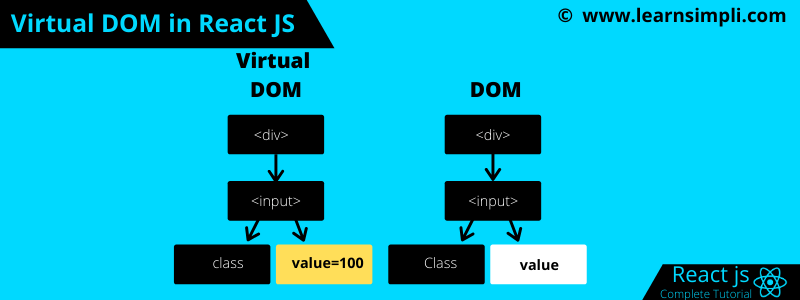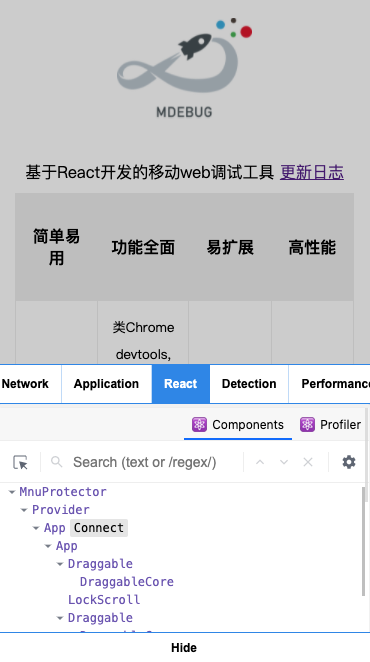
make explicit the fact that this is released under the GNU GPL. ripped out CocoaDialog, upgraded to a WebKit-based interface. also now extracts 10.5-style packages (nested ones, too, and in 10.4 as well!). now works with multiple packages at once. we skipped 3.0 because it's so much better and different! lots of behind-the-scenes changes and fixes. #Unpkg reactdom 64 Bit
Rebuild as a 64 bit binary for macOS Catalina compatibility. Native Apple Silicon support: rebuild w/ arm64 and x86_64 binaries. Ported from Python 2 to 3 due to the former's deprecation in macOS 12.3. good package detection (unpkg will not try to unpack something that's not a package, and easily handles malformed packages). automatic unpacking of files to a folder named after the package in the same directory if possible, or the Desktop. unpacks both old-style (10.4 and before) and new-style (10.5 and later) packages, even on 10.4. does not require any passwords (unpack all those archives that want Administrator privileges!). extracts both standard packages and metapackages (. 
4.6+: macOS 10.15 Catalina compatible x86_64 only.4.7+: Native Apple Silicon support Universal Binary (arm64 and x86_64).4.8+: macOS 12.3 support untested on earlier versions.

But if you just need to get a kext from that package, for example, then unpkg is exactly what you need. Because it does not move files around in your system (on purpose), you should not use unpkg to install, say, incremental OS X updates. Note: Unpkg does not touch you system at all except for the folder where the unpacking takes places.

So this utility simply unpacks all the files in a package. Many times the installer files are useless anyway all they do is make sure an app is installed in /Applications, for example, which I can handle myself, thank you very much. I don't like how they can touch any part of the system they want.







 0 kommentar(er)
0 kommentar(er)
